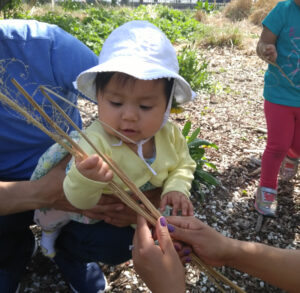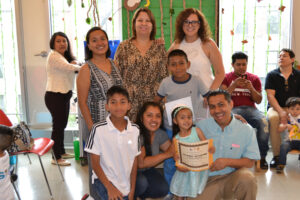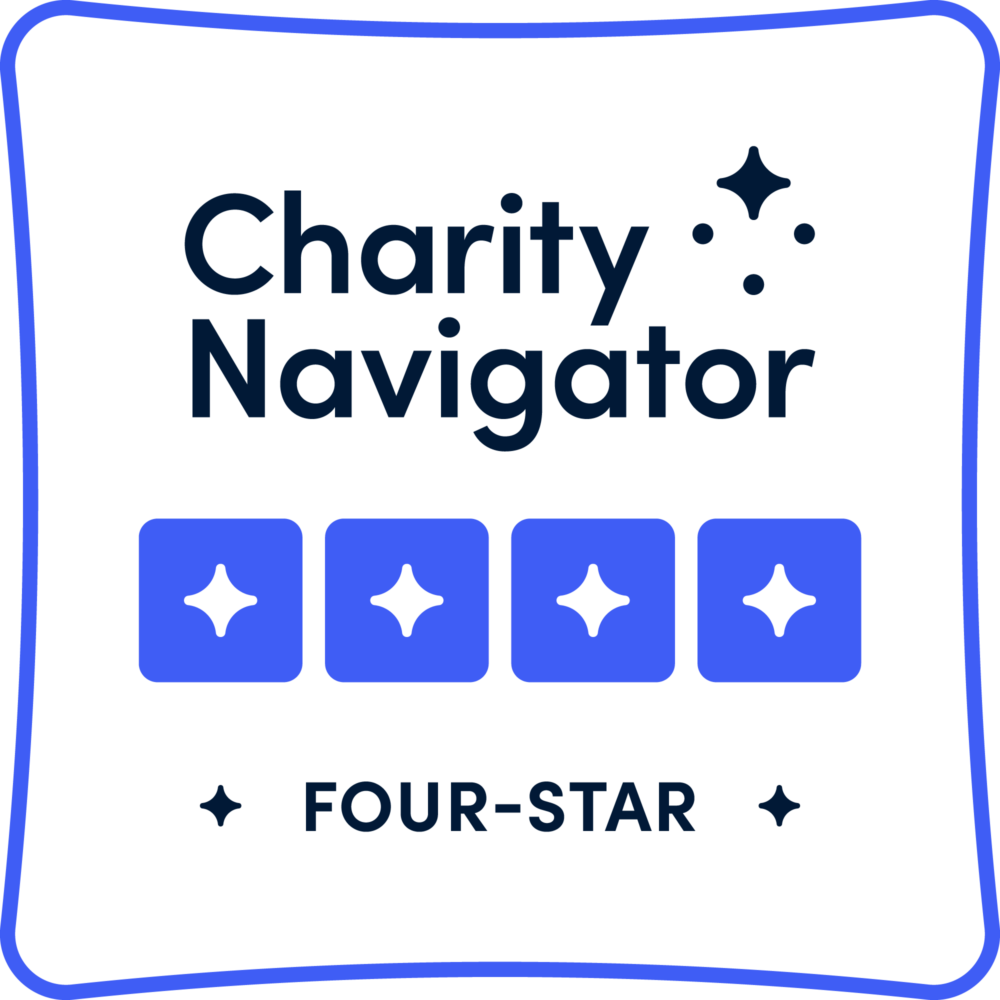Before PreK
Photo by Micah Rubin
LSA’s early childhood program empowers parents, nurtures healthy child development
Wendy Miron, director of our Parenting and Child Development program, teacher Miriam Pena and home visitor Jennifer Ferreira met recently to share how the program prepares both children and parents for a successful experience in preschool. The program includes home visits twice a month and participation in group socialization classes twice a week with the aim of empowering parents to nurture health child development. The goal: keeping at-risk children 0-3 developmentally on track during the most critical years of brain development.
WM: Wendy Miron, Director, Parenting and Child Development
MP: Miriam Pena, Teacher, Socialization Program
JF: Jennifer Ferreira, Home Visitor
Building Trust, One-on-One
WM: Everything that we do is based on the five priorities – language and literacy; play and exploration; attachment, security and separation; self-regulation and emotional development; and connection to resources. That has really helped to make sure that everyone is working on the same goals with the parents. It might look different, because the home visitors are working with the parent and the child in the home and the teachers are working in the classroom setting, but everybody’s focusing on the same things.
JF: As a home visitor, I meet one-on-one with the mother and the child. The home visit gives an opportunity for the mom to speak up more. They’re in their own homes, and they don’t feel intimidated by anyone. It allows the home visitors to motivate and encourage the moms to know their rights and inform them as much as possible. That connects with the language priority – because if the mom is expressing herself more in general, she’ll be able to express herself more to her child. Encouraging the mom, motivating the mom, making her feel confident will also reflect on the child. It’s a domino effect.
MP: And I feel like having that one-on-one interaction also motivates moms to advocate for themselves. The mom can express her needs and the home visitor can guide her in the process of what to do next. The home visitors are there to push parents so that they can advocate for themselves and hopefully, later on, for their children.
One of the things happening now because of the political situation is that a lot of the kids are being bullied. I have a mom who has a child that is 6 years old. He was being bullied at school because of his background. You know, “you’re an immigrant, you need to go back to Mexico” – that sort of thing. It got to the point where the child was being aggressive at home and at school. He was feeling like he wasn’t wanted.
The mom didn’t feel she had the right to advocate for her child. So I connected her with a home visitor. The home visitor was able to say, “Its okay. You can speak for your child. He’s feeling this way. You are his advocate. You need to advocate. You need to defend him.” It was very important to have that home visitor encourage the mom to actually be heard and say it’s okay to speak up and voice what I feel – and to mirror what her child can do for himself.
“Even if we may not see it as directly related to child development, connecting parents to resources that alleviate some of their challenges can allow them to focus on the developmental priorities and making sure that the children are learning.” –Wendy Miron, Director of Parenting and Child Development
WM: Sometimes when we talk about what the early childhood program does we focus on developmental milestones and making sure the kids are meeting those, but it’s so much more than that. We incorporate everything that’s going on in the environment for the families. Even if we may not see it as directly related to child development, connecting parents to resources that alleviate some of their challenges can allow them to focus on the developmental priorities and making sure that the children are learning.
We really work on building trust – not just assuming that people are going to trust us because we’re service professionals – but really building the trust and learning to understand who they are and valuing them. It doesn’t matter if you don’t speak English or you’re undocumented or you’ve never gone to school. We really value who you are and what you bring. I think that probably sets the program apart – and that’s why we have a waitlist. We’re never short of clients.
Preschool Prep, Starting at 6 Months
WM: One of things we do is help parents understand what Head Start is. It’s easy to assume that families know what Head Start is, but if you’re coming from another country you might not. Whereas a family may have waited until kindergarten to put their children in school – because maybe the parent didn’t feel ready or they thought that the children were too young – by coming here, a lot of the families have been able to start their children’s education in Head Start.
MP: Our program starts with babies. We have three groups of children – the groups are 0-9 months old, then 10-19 months, and 20-36 months. With the 20-36, the focus is more on activities where the child and mom are together but there will also be occasions where they separate. We’re doing activities where the children will be with a teacher on one side of the room and moms and the other teacher will be together in a separate area of the room. Or, for example, the other day we had a workshop. Some of the children felt safe enough to stay in the classroom while the moms were in nearby room for the workshop. We do activities like that to get parents and children ready to separate when the time comes. And like Yolanda, it’s usually not the kids who have a hard time separating. It’s often a mom or dad who says “I’m not ready” or “is he going to be okay?”
Because I usually work with the youngest group – the babies, I usually focus more on moms. I ask: “How has it been for you?” “How do you feel?” We talk a lot about attachment and the importance of bonding with their children.

WM: With the program priority of play and exploration, teachers and home visitors focus on talking to the parents about their experiences as children – what did they play with or how did they play, how do they understand the importance of play.
With literacy – even if a family has very low literacy, we emphasize the importance of having books around and exposing children to books, or we show parents how they can share a book even if they don’t know how to read. And we talk about how, in addition to early literacy, reading promotes attachment and self-regulation. That’s how the five program priorities come together, because a parent and child might be working on language, but by being able to express their needs they’re also working on self-regulation, because if you have more verbal ability to express your needs and understand your feelings, then you’re probably better able to self-regulate. I think it’s great the way the priorities come together in everything that the program does.

JF: When it comes to schools and children, research shows that children from Spanish-speaking families are more likely to be delayed in speech when they enter kindergarten. For our program to focus on very young children, providing their families with the resources they need so that when their children enter school they can be ready – it’s amazing. There are not a lot of programs that start from 0-3.
WM: –and work with the parent. I think that also sets us apart. It’s really a two-generation approach. We’re working with the parent and we’re working with the child at the same time.
MP: Most of the programs that are like ours, either you have to pay or you have to have papers to qualify for them. And we welcome everybody here, whether you speak Spanish or you don’t, whether you are working or not, we just welcome everybody.
WM: Another thing that sets us apart is that we have the resources of the other programs at LSA. Of course, we make referrals outside the agency, but I think it’s helpful to refer families to programs right here in the building if, for example, families need the food pantry or legal assistance or a mom is pregnant. That also makes the program strong. It is a holistic approach that we take. It really helps parents, they feel comfortable to get the resources. And we work really well together, and that also helps.
I think that’s one of the strengths of this program. I worked at a Head Start before and, you know, you can plan great workshops, but you have to be able to get the families there. This program helps parents understand that it’s really beneficial for them to access resources. So, in addition to the home visits and socialization groups, we may have a fire safety workshop or a “Know Your Rights” workshop or a special education workshop. Parents come to learn the value of attending them, and hopefully that understanding is something they will take with them when their children move on to PreK or Head Start.
